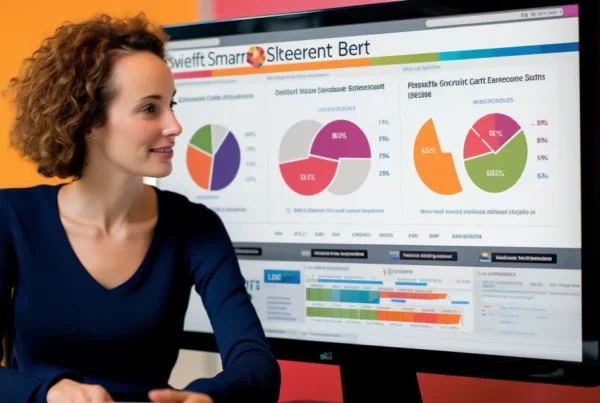Introduction: The Vital Role of CMS in the Digital Age
Content Management Systems (CMS) have become essential tools in the digital landscape, enabling users to create, manage, and optimize digital content with ease. This article provides a comprehensive guide to understanding and selecting the right CMS for your needs.
The Essence of CMS in Modern Web Development
- Simplifying Content Creation: Streamlining the process of producing and publishing content.
- Enabling Non-Technical Users: Democratizing content management for those without coding skills.
- Scalability and Flexibility: Adapting to the growing and changing needs of businesses.
Types of Content Management Systems
Exploring the diverse range of CMS platforms, each catering to different requirements and preferences.
Various CMS Options
- Traditional CMS: Offering a simple and user-friendly interface for basic website management.
- Headless CMS: Providing more flexibility by separating content management from content delivery.
- Decoupled CMS: Combining the benefits of traditional and headless systems.
Key Features to Consider When Choosing a CMS
The selection of a CMS should be based on several critical features that align with your specific goals and workflow.
Essential CMS Characteristics
- User Interface (UI): The ease of use and intuitiveness of the CMS.
- Customization and Extensibility: The ability to tailor the system to specific needs.
- Security Measures: Ensuring the safety and integrity of your content.
Integration and Compatibility
Understanding the importance of how well a CMS integrates with other tools and technologies is crucial for seamless operation.
Seamless System Integration
- Third-Party Integrations: Compatibility with marketing tools, CRM software, and more.
- API Support: Facilitating connections with various applications and services.
- Mobile Responsiveness: Ensuring content is optimized for mobile devices.
Scalability and Performance
Selecting a CMS that can grow with your business and handle increased traffic or content load is vital.
Assessing CMS Scalability
- Handling Traffic Spikes: Ensuring the CMS can manage high traffic volumes.
- Content Volume Management: Capabilities to manage large amounts of content efficiently.
- Speed and Uptime: Guaranteeing fast load times and minimal downtime.
Content Management System Trends
Staying ahead in the digital space means being aware of the latest trends and advancements in CMS technology.
Emerging Trends in CMS
- AI and Machine Learning: Using AI to personalize content and improve user experience.
- Voice Search Optimization: Adapting content for voice search capabilities.
- Sustainable and Green Hosting: Prioritizing eco-friendly hosting options.
Conclusion: The Path to an Effective CMS Strategy
Navigating the world of CMS is about finding a balance between functionality, ease of use, and future-proofing. By considering these key factors and staying informed about the latest trends, you can select a CMS that not only meets your current needs but also positions you for future growth and success in the ever-evolving digital landscape.



